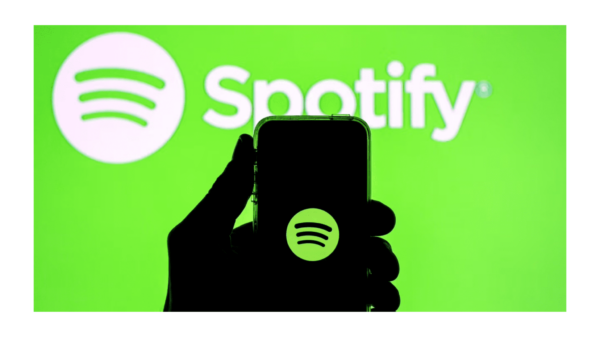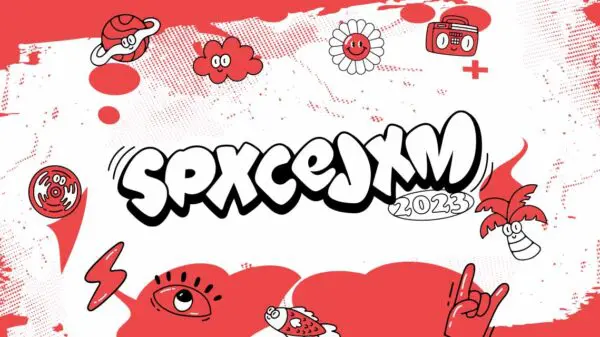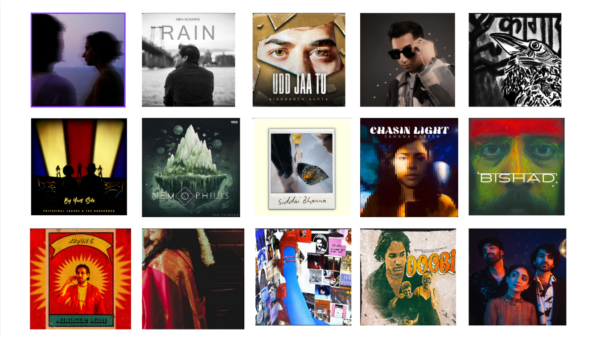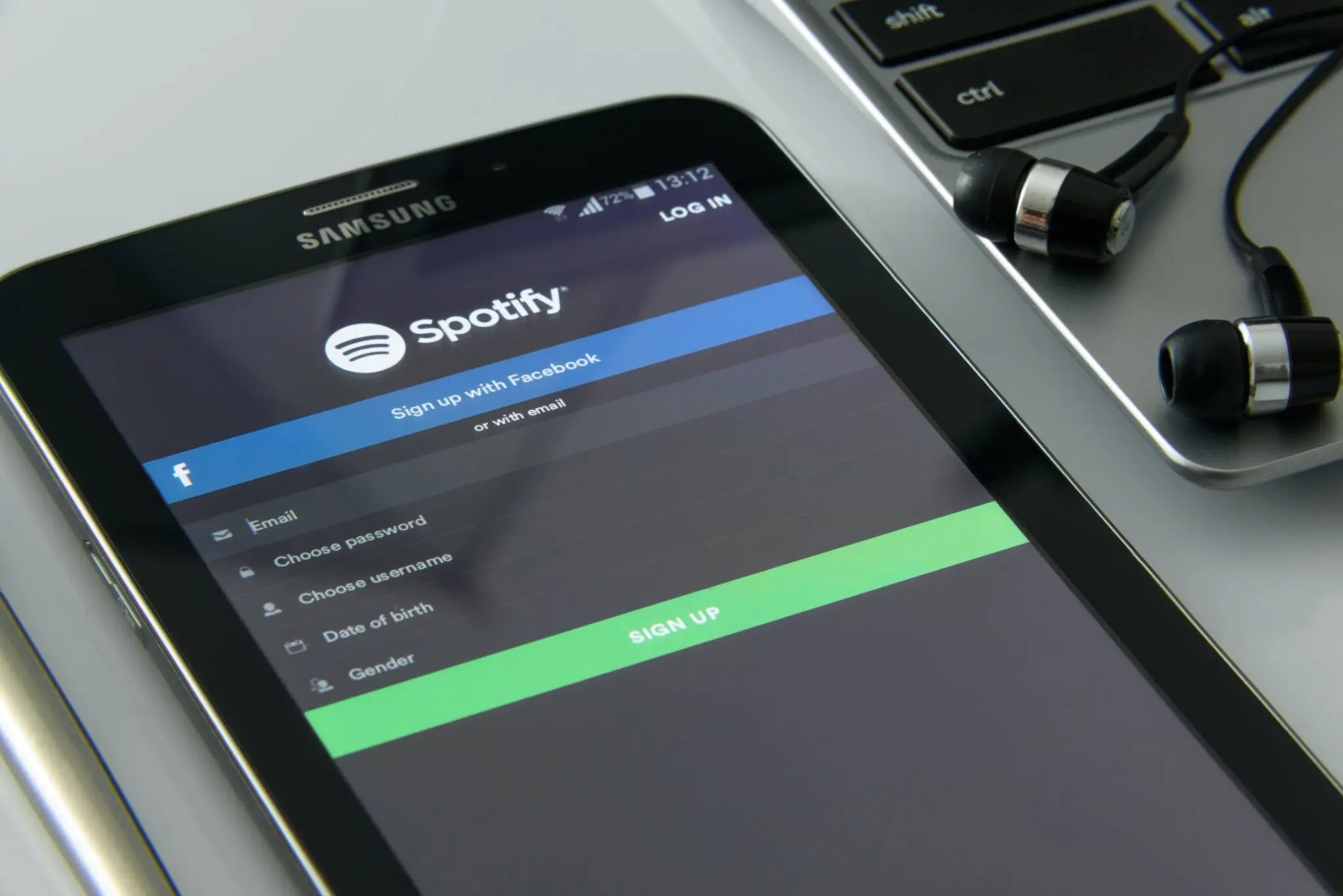In the first quarter of 2024, Spotify plans to make major adjustments to its royalty compensation scheme. Over the following five years, their goal is to transfer $1 billion in royalties to “legitimate” artists and shareholders.
In order to counteract strains on the royalty pool, Spotify intends to modify its business model in three key ways, wherein
- a minimum number of yearly streams will now be required before a song begins to earn royalties
- distributors will be subject to financial penalties in the event that fraudulent conduct is discovered and
- non-musical “noise” tracks will no longer be able to earn royalties without a minimum playtime requirement.
Independent musicians whose songs fall short of this criterion may be impacted by the modifications, particularly the minimum yearly stream threshold. The money that these artists would have made in the future will go into Spotify’s “streamshare” fund for major/bigger labels, distributors and artists. This coupled with the oft-debated fact of minimal compensation for streams itself – they pay roughly $0.003 per 1 stream (reportedly even lesser in the Indian context), culminates in a massive blow to the chances of smaller independent artists making any significant revenue from their released music on Spotify.
Of all the streaming services, Spotify thinks its anti-fraud detection system is the most advanced. Spotify will be able to combat the pervasive issue of streaming fraud with the support of these new regulations, which pointedly aims to resolve the looming problems the music industry faces in the form of AI-generated music, some of which have already gone on to earn tens of thousands of streams. Through this new regulation, Spotify will also be able to financially penalize music distributors and labels for fraudulent activities.
Other services, including as SoundCloud and Deezer, have also made an effort to update their royalty models in novel ways. Deezer is a popular music streaming platform that offers a vast catalog of music from various genres. It provides users with access to millions of songs, playlists, and podcasts. Similar to Spotify, Deezer operates on a subscription-based model, offering both free and premium tiers. But because Spotify is one of the most widely used music streaming services worldwide, its selections are more significant.
With the streaming service cracking down with these new regulations, the tangible returns generated by your favourite white-noise sleep playlist get affected, but also making it near impossible for a home-grown independent artist to promotionally compete with behemoth pop culture music icons.




























